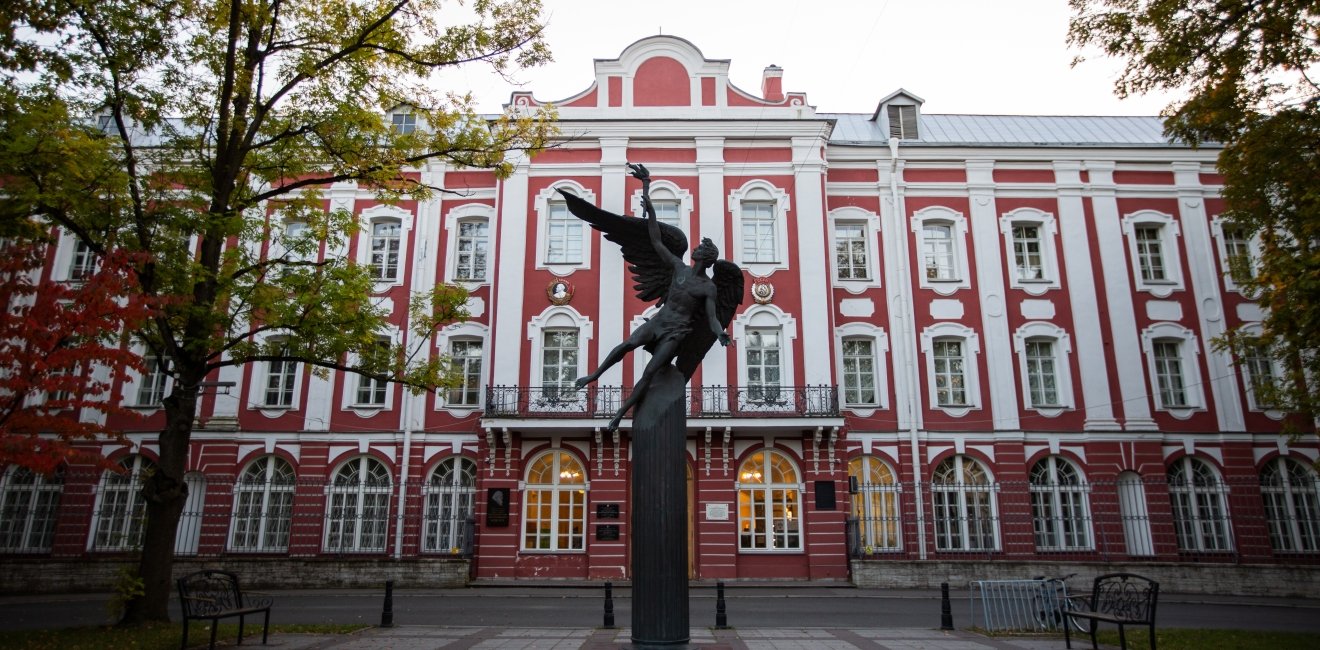
A blog of the Kennan Institute
BY VICTORIA PARDINI
On June 21, the Russian authorities designated Bard College, a U.S.-based liberal arts college, an “undesirable” organization. The college “threatened the constitutional order and security of Russia,” the prosecutor general said in a statement.
That was an unexpected turn on the part of the authorities. For almost twenty-five years the college has run a robust U.S.-Russia exchange program, in cooperation with Smolny College and St. Petersburg State University, the Russian president’s alma mater. The new designation effectively makes it impossible for the college to conduct activities in Russia.
According to the law on undesirable organizations, approved just a few days earlier, on June 16, any individual or organization associated with Bard College can face up to four years in prison for belonging to an undesirable group. The definition of “associating” with the institution is left vague. Nevertheless, St. Petersburg State University immediately cut ties with Bard and removed information about the partnership from its website.
Bard’s “undesirable” designation was not an isolated event in a month that saw a rigorous curtailing of academic freedom. Several additional developments came together in June to signal a red line by the Kremlin regarding its stance on academic freedom, international education, and independent voices within universities.
The new law on education that went into effect at the beginning of June was one such event. The law claims to increase regulation in education, a field, the law’s authors argue, that has previously been subject to propaganda, including propaganda from abroad. The law requires the registration of any educational and training activities, which can be interpreted quite broadly to include public lectures and even websites run by universities and NGOs. The law also requires that all international cooperation and exchange programs be approved by a government body. The Russian government is not blind to the influence wielded by educational institutions; this law will inevitably broaden the target on the backs of international partners.
Under the new legislation, “educational activities” may not promote actions contrary to the Russian constitution or incite social conflict. Critics of the law believe it will lead to increased censorship both inside Russia and with regard to international collaboration. Although this is not the first time that such an encroachment has happened, the crackdowns are expected to be even more widespread in the coming months:
June also saw another chapter in the ongoing saga involving four editors of the student-led independent journal DOXA. The journal’s editors were arrested at the end of April for allegedly involving minors in illegal protests in support of Aleksei Navalny in January. Despite an international outcry, the house arrest of editors Armen Aramyan, Natalia Tyshkevich, Vladimir Metelkin, and Alla Gutnikova was extended until September. This is but one of countless examples of the state increasingly scrutinizing the activities of individuals, even young people, who appear to pose a threat to the Kremlin.
The Two Laws Work in Tandem to Curtail Academic Freedom
These cases underscore that the laws on education and on undesirable organizations are working in tandem not just to weaken international partnerships and organizations like DOXA but to persecute individuals, both foreign and domestic, in the academic community, thereby further solidifying a pattern noticeable for the past several years of academics being dismissed and students persecuted because of their politics. The new laws simply codify stances that the Kremlin was already adopting against what it regarded as subversive elements in higher education.
A concerning result is that the space for international collaboration is shrinking. At a moment when U.S.-Russia relations are at a decided low point, the termination of the Bard College exchange program augurs additional terminations of programs with partner organizations, especially collaborations with “liberal” universities, and the loss of academic exchange, one of Russia’s best soft power tools in its engagement with the West.
Moreover, the two laws mark a thickening of censorship in Russian education. After the fall of the Soviet Union, new universities, including the famous Moscow Higher School of Economics, cropped up as liberal institutions. Initiatives launched by the Ministry of Higher Education in the past decade promised to raise many of these institutions to an international standard. Now, that goal seems inconceivable.
The clashes between the state and academia highlight the contrasting philosophies of education. Among educators, organizations, and student media, higher education is meant to foster openmindedness and collaboration. For the state, including the Ministry of Higher Education, universities exist merely as a tool of influence, and collaboration is permitted only to the extent that negative influences in the form of liberal ideas do not threaten the hegemony of the Russian state.
The implications will certainly extend beyond a tense month of headlines on academic freedom in higher education. The decisions made in June and the new laws will continue to marginalize those who still envision a liberal future for Russian academia. Rather than upholding the stated purpose of protecting the constitution and instituting order in education, the Russian state through these laws is once again moving to suppress anything it views as posing a risk to its ideological dominance. The past several weeks of crackdowns in the sphere of academic freedom should be seen not as exceptional but as firmly establishing a new norm.
The opinions expressed in this article are those solely of the authors and do not reflect the views of the Kennan Institute.
Author


Kennan Institute
The Kennan Institute is the premier US center for advanced research on Eurasia and the oldest and largest regional program at the Woodrow Wilson International Center for Scholars. The Kennan Institute is committed to improving American understanding of Russia, Ukraine, Central Asia, the South Caucasus, and the surrounding region through research and exchange. Read more

Explore More in The Russia File
Browse The Russia File
Chechnya as a Model of Modern Russia

Russia’s Indigenous Communities and the War in Ukraine

Gas and Power in a Changing US–Russia Relationship

